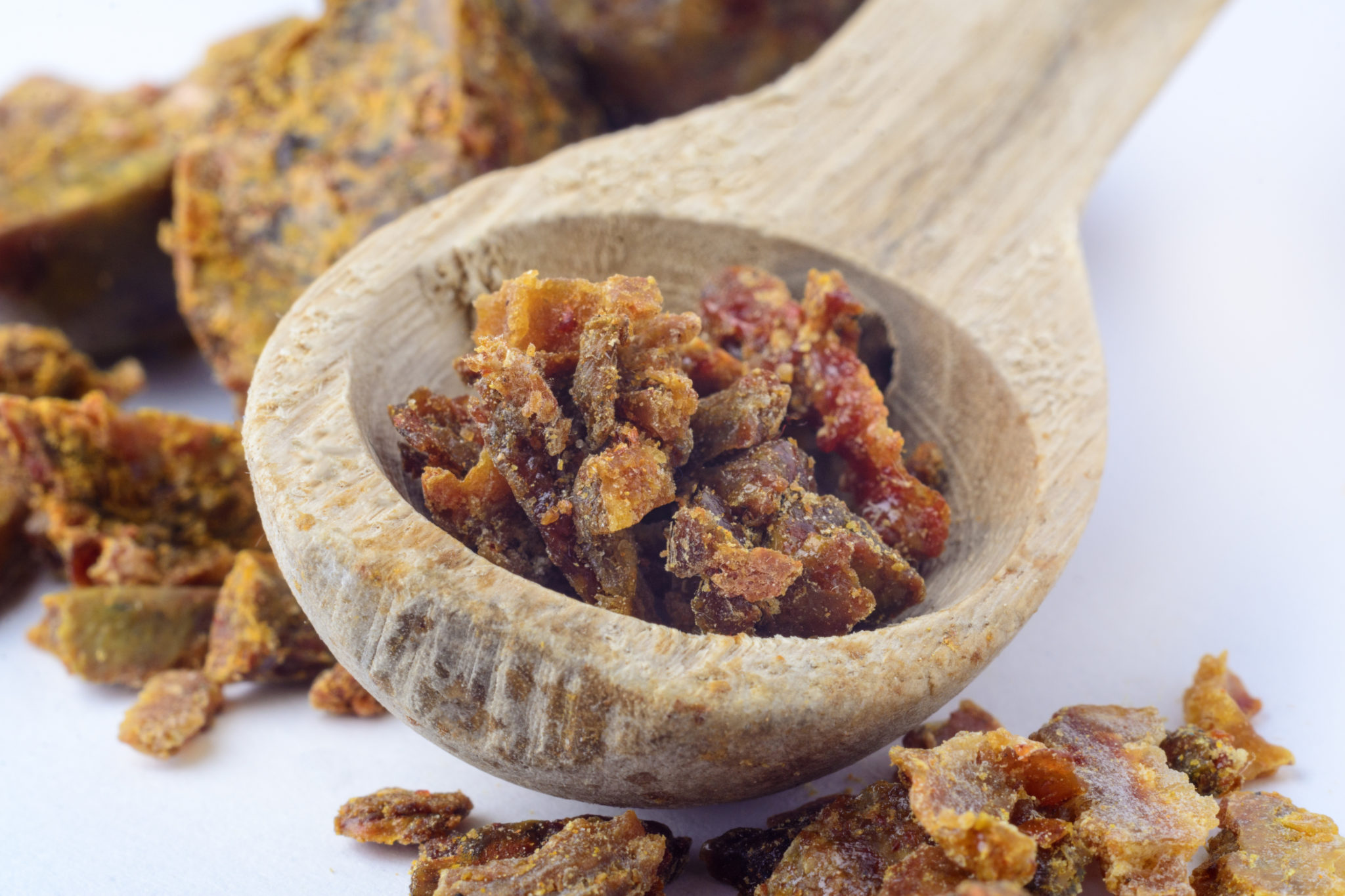Propolis is a resinous mixture that honeybees produce from saliva, beeswax and the exude of tree buds, sap flows and other botanical sources. While considered a by-product of bees, its powerful medicinal properties have been increasingly recognised in recent years.
Report author and principal consultant, Michael Clarke, from AgEconPlus investigated the status of propolis production in Australia and New Zealand. He worked closely with commercial beekeepers to prove that profitable harvesting of propolis in Australia was possible.
In his report, Mr Clarke looks to New Zealand as a valuable model for which to create a thriving propolis industry in Australia. He also highlights the growing interest from companies in sourcing Australian produced propolis and a pathway for Australian beekeepers to enter the market.
About propolis
Propolis is a resinous mixture used by honey bees as both a sterilising agent and a sealant for unwanted open spaces in a hive. It can be harvested by scraping hive components such as supers and frames; however, the most effective method is when a plastic mat is inserted above the hive’s top super and underneath the lid.
Raw propolis sourced directly from the hive can be further refined and concentrated into smaller volumes, thereby increasing any medicinal benefits. Refinement is not difficult, but is usually part of an established manufacturing process that requires scale, appropriate equipment and technical knowledge.
Refined propolis is made into a range of consumer products, such as tablets, tinctures, lozenges, toothpaste and soap. While the medicinal qualities of propolis are well researched, new studies have shown the substance to be an effective antimicrobial that may be useful in the treatment of skin cancers.
Status of propolis production in New Zealand
New Zealand has a lucrative and expanding propolis industry with the majority sourced from poplar, willow and birch trees. The nation produces around 30 tonnes of raw propolis every year and has two key propolis processors.
Raw propolis supply has proven beneficial for New Zealand beekeepers, even for those with small apiaries. On average, a New Zealand hive produces 220 grams of raw propolis every year and beekeepers receive between $NZ54 and $NZ197/kg for this product.
Propolis harvest is becoming increasingly popular for New Zealand beekeepers, given that:
• Production can be incorporated with existing activities and completed during honey harvest
• There is no loss of honey or pollination fee income from the addition of propolis mats
• Limited labour is required, especially if unscraped mats are supplied to the processor
• Capital outlay is limited, mats may be provided by the processor and can be stored in cool room/freezer
• Processors pay on recovered yield and will purchase raw propolis with as little as 15% pure propolis
• High prices are achieved for raw propolis with an upward trend in price of the product.
Status of propolis production in Australia
There is only a handful of beekeepers that currently harvest propolis in Australia. The actual propolis yield in Australia varies and depends on location and hive specifics. That said, a number of its regions have high production levels similar to that of colder countries like New Zealand.
More research on the chemistry of Australian propolis needs to be undertaken, but early studies show that it may have additional unique and potentially useful properties. While there has been an absence of consistent buyers, the tide is starting to turn with businesses looking to join the supply chain.










